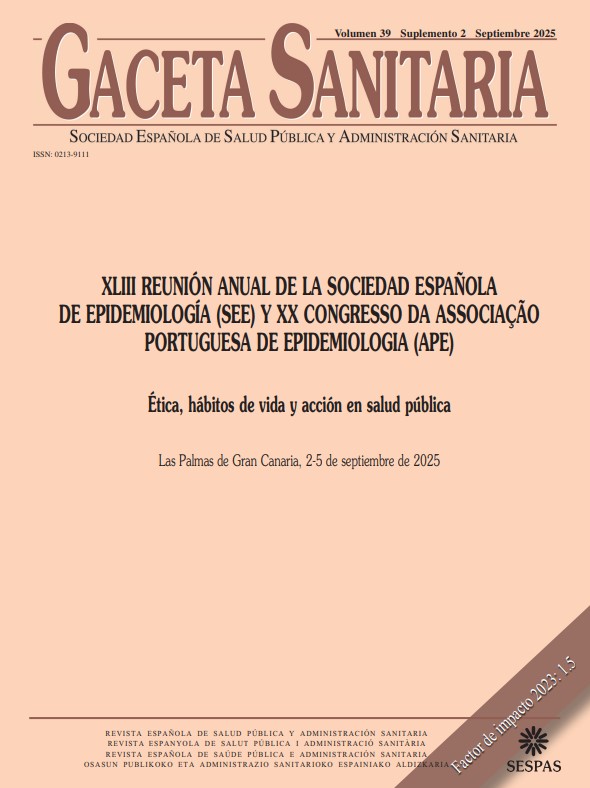1057 - ELIKIA PROJECT: FROM SUMMER CAMPAIGNS TO LOCAL IMPLEMENTATION OF CERVICAL CANCER SCREENING IN KINSHASA (D. R. CONGO)
Universidad de Navarra; Clínica Universidad de Navarra; Centro Hospitalario Monkole.
Background/Objectives: Cervical cancer (CC) remains a major global health concern, with around 600,000 new cases and 340,000 deaths annually. It is the 4th most common cancer among women worldwide, with the highest burden in low-income countries, particularly sub-Saharan Africa. Persistent HPV infection is the primary risk factor, exacerbated by co-factors such as HIV, smoking, and other STIs. Today many regions still lack organized screening programs. The WHO 90-70-90 strategy aims to eliminate CC as a public health problem by 2030. Implementing cost-effective, accessible screening (CCS) programs is crucial in resource-limited settings like the D.R.Congo. Objective. To explain the implementation process of a CCS program in Kinshasa and to describe the participants´characteristics.
Methods: Several CCS summer campaigns have been conducted at Monkole Hospital (Kinshasa) between 2017 and 2024. Prior to cervical examination, all women completed a questionnaire (Q2017, Q2022, Q2023, Q2024). Initially the CCS was mainly based on local visual inspection with acetic acid (VIA) and Lugol’s iodine (VILI) with cervical Pap cytology and HPV analysis carried out externally as well as biopsy collection when necessary; in 2022 local thermal ablation was added; in 2023 CareHPV testing was done at Monkole Hospital on both vaginal self-samples and cervical swabs. COBAS 4800 was also used locally for the technique validation. Finally, in 2024 the point-of-care (POC) Xpert-HPV was locally installed to enhance same-day treatment when needed. The four databases were appended with Stata 16.0. The preliminary descriptive results are shown.
Results: Since July 2017, 2,752 women have participated in the summer campaigns: 480 in 2017, 1,141 in 2022, 542 in 2023 and 589 in 2024. Women came mainly from Mont-Ngafula area and in July 2024 also from Military Camp Kokolo. Overall the mean age was 47.2 (12.1) years old, with 42% reporting menopause. Most women were married (60%), with 18% being single and 16% widow. A high proportion of women reported a high education level (50%), but only 31% had a job (some were female workers at Monkole Hospital). The great majority had a low (39%) or medium (57%) economic level. Regarding CC associated factors, less than 2% of women reported ever or current smoking. Despite 41% of women mentioning some alcohol drinking, consumption was not regular. Nearly 40% of the participants reported sexual initiation under 18 years and over 60% had multiple lifetime sexual partners;30% had used hormonal contraception. Among those using condoms, consistent use was very rare.
Conclusions/Recommendations: The periodic summer CCS campaigns in the DRC have allowed to settle sensibilisation campaigns, local personnel empowerment and the infrastructure needed to advance in the CC elimination strategy.















